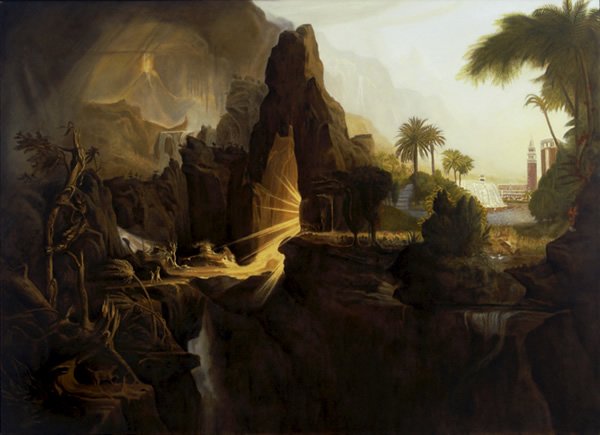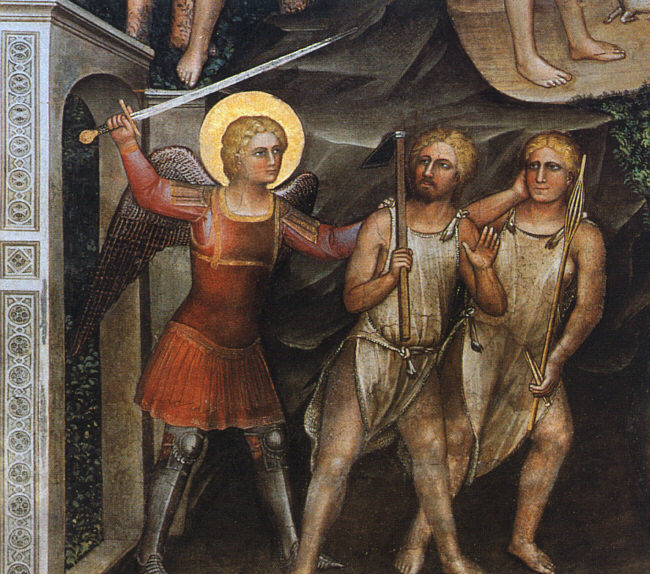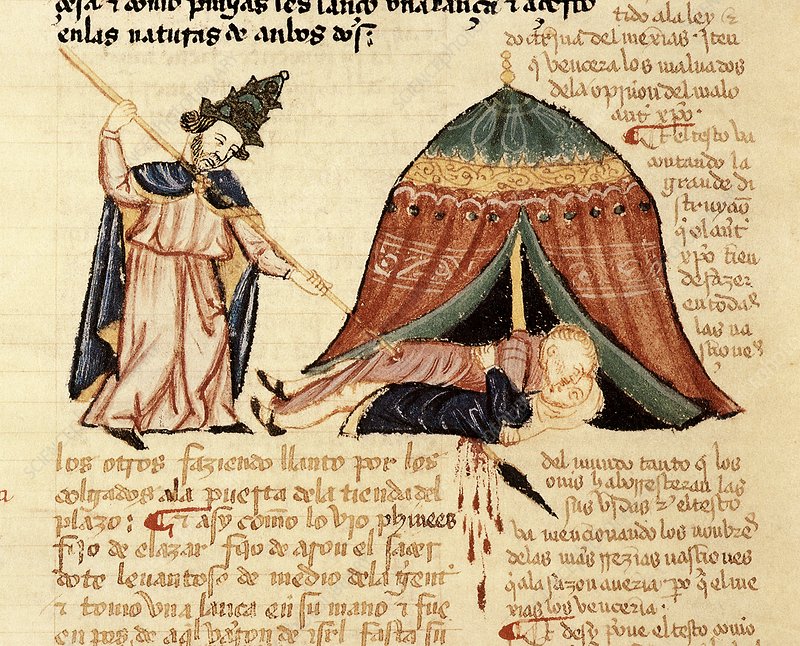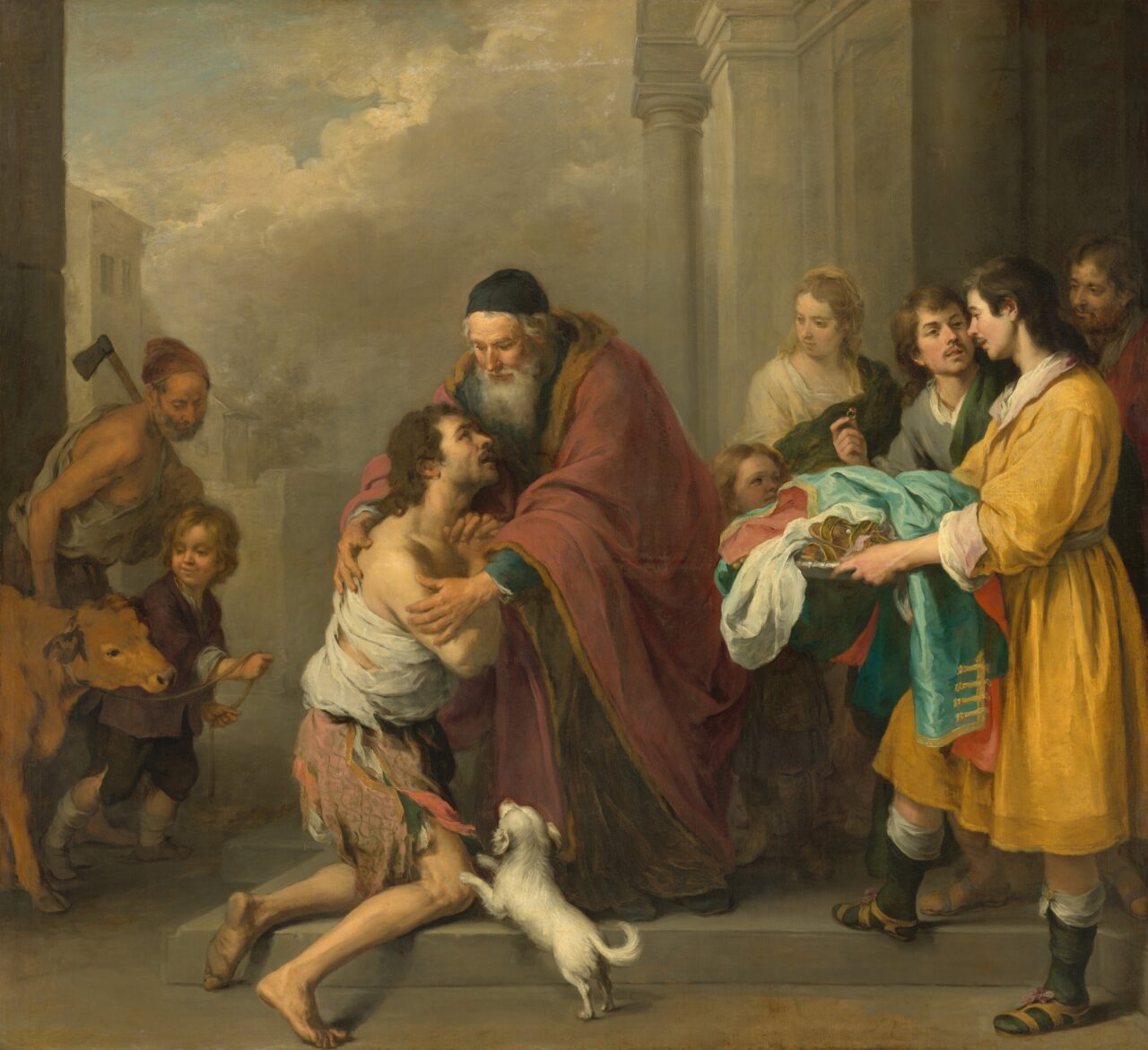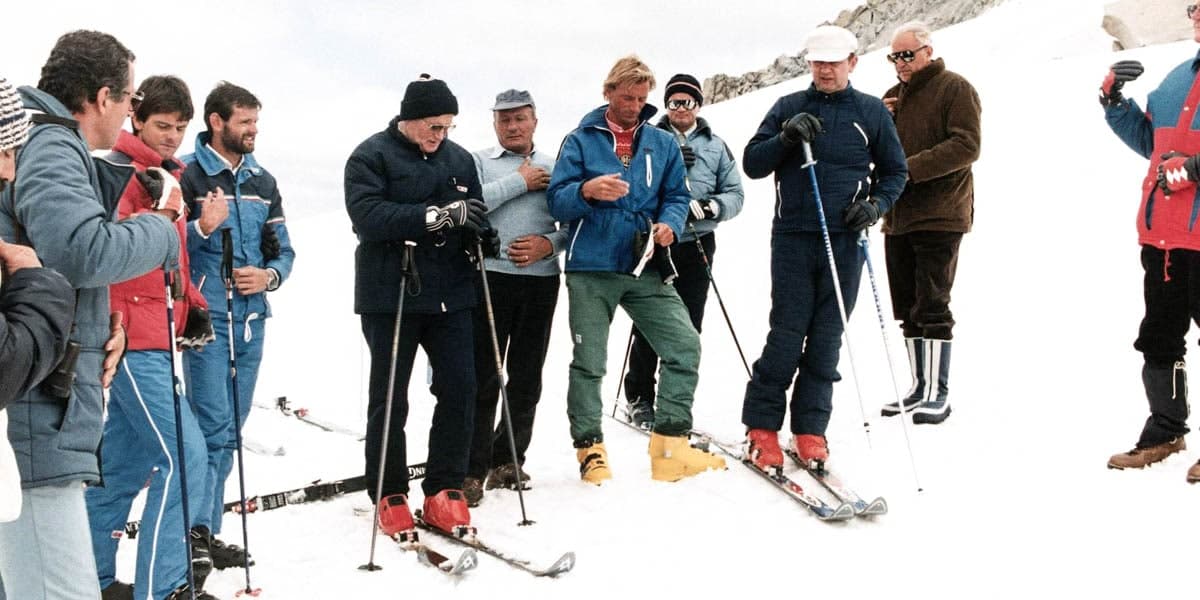Category: Uncategorized
-

Critique: “When God Abandoned the Garden of Eden” by Raanan Eichler
In my last article, I summarized Raanan Eichler’s essay, in which he proposes a new reading of Genesis 3:24. Here, I offer a critique of his argument. Eichler uncovers a fascinating textual tradition of Genesis 3:24, one attested by four targumim. God’s presence outside Eden is implied throughout the Torah, but this verse provides an…
-

“When God Abandoned the Garden of Eden” by Raanan Eichler
Today, I want to offer a summary of an essay by Raanan Eichler, a member of the excellent Bible faculty at Bar-Ilan University. [1] In my next article, I will give my opinion on Eichler’s proposal. Raanan Eichler reconstructs a targumic tradition that attests a pronunciation different from וַיַּשְׁכֵּן (the masoretic niqqudim in Genesis 3:24). He uncovers…
-

Resolutions
Happy New Year! I have the honor of the first Morning Walk article in 2022. The twelfth day of Christmas has just passed, and it’s time to focus on the new year. We all want to be prepared for what lies ahead, so that we can capitalize on the positives and avoid the negatives. The…
-

Merry Christmas From Morning Walk
When deepest darkness hides the soul, that only knows to mourn A far off light Isaiah holds, a child is to be born To shepherds, mother and a priest, the angels first proclaim The glory of his majesties, and “Do not be afraid” A silence of four hundred years, the people did endure Past…
-

Chaplaincy: Levites
Strictly speaking, chaplaincy began in the pagan world and in all likelihood was brought into Christianity by Roman Christian patrons; this early history shall be explored in a future article. That said, we can examine two analogous examples from the Bible: the unnamed Levite from Judges 17-18 and Pinchas (also known as Phinehas) from Numbers…
-

Hunger and Thirst
“Blessed are those who hunger and thirst for righteousness, because they will be satisfied.” Where do we see righteousness? How do we measure faith? This is a question that transcends all times and all places. Philosophers have connected their personal faith to all aspects of their persons: to who they are, and to what they…
-

Chaplaincy: Rabbi Shimon Bar Yochai and Holiness in the Secular World
I want to begin my exploration of chaplaincy by recounting a story from the Talmud (Shabbat 33b:5-8). The story tells of the holiness of secular observance.* In a time when devoted Christians rightly contemplate the Benedict Option, this Jewish story may serve as an important reminder not to abandon the world God has placed us…
-

How Did We Get Here?
I came across a line from Richard J. Foster’s Celebration of Discipline stating, “The surest sign that it is God’s will for us to be where we are is simply that we are there.” Less wordily, God approves of every situation in which we find ourselves. Even between His engineered plan and His engineered punishment,…
-

Chaplaincy: Intro
When I think of a chaplain, I picture Father Mulcahy, SJ, from M*A*S*H. He’s a pushover whom everyone likes but few respect. He wields no authority as a religious leader. He will perform services from any religion upon request, and he celebrates mass alone on Sundays. Father Mulcahy may represent an accurate stereotype of many…
-

True Love: How Utilitarianism is Severely Flawed
Father Karol Wojtyła, the future Saint Pope John Paul II, was born on May 18, 1920, and rose from the ashes of Nazi and Communist Poland to become a champion of human rights and dignity. His works are filled with themes of human liberty, dignity, and the character of the human person, all of which…
